Introducing the 2024-2025 RJI Fellows
Today, the Reynolds Journalism Institute at the Missouri School of Journalism announced the 2024-2025 class of RJI Fellows, each of whom will work to create and test practical, free resources for journalists and newsrooms.
Four institutions and three individuals will work over the course of eight months to put a real, proven solution to industry challenges in the hands of those who can benefit, with this year’s class developing innovative technological approaches like data sonification — a cousin of data visualization in which data is converted into an audio format — as well as guides and toolkits like an interactive resource for journalists looking to better understand and navigate algorithms on social media and elsewhere.
“This year’s fellowship projects run the gamut from extremely practical to extremely cutting edge, said Randy Picht, executive director of RJI. “But they share one attribute: they’ll all be designed in ways that are accessible to community newsrooms of all sizes.”
Fellows receive $25,000 stipends and can complete the fellowship remotely, either as an individual or on behalf of an institution. There were no residential fellowships awarded this year — residential fellows collaborate with RJI on-site in Columbia, Missouri, and receive up to $100,000 in stipends and project funding.
Over the years, the program has built up a sizeable repository of digital tools, apps, strategic guides and trainings, which are available at our innovation resource hub.
“Our 2024 RJI Fellows are going to build resources that are uniquely innovative, practical and vital to tackling current challenges and needs in community-centered journalism,” said Kat Duncan, director of innovation at RJI. “I’m excited to see their projects come to fruition and be utilized by journalists around the world.”
Meet the 2024-2025 RJI Fellows
Institutional Fellows
AfroLA — Zoli Csernatony and Dana Amihere
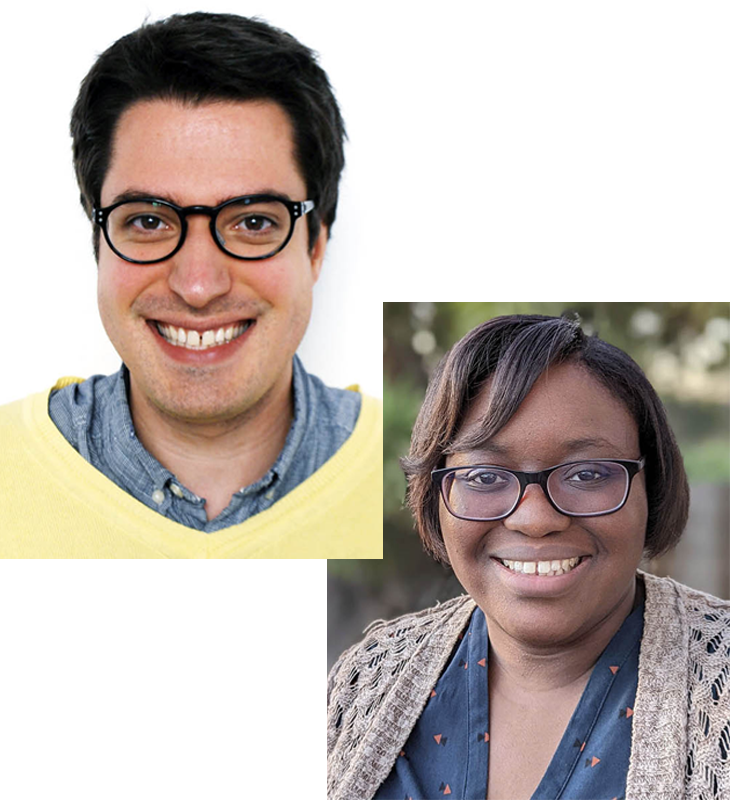
Zoli Csernatony and Dana Amihere will be building DigInThere, a tool that will give newsrooms an automated, customizable and verifiable way to reward their audiences for meaningful reading and interaction through short engaging quizzes on news content.
“As a newsroom leader, I’m really excited to experiment around how we engage audiences in a meaningful way,” Amihere said. “How can we help our society of news skimmers really engage with local news content in a more meaningful way?”
Prism Photo Workshop — Michelle Kanaar and Alyssa Schukar
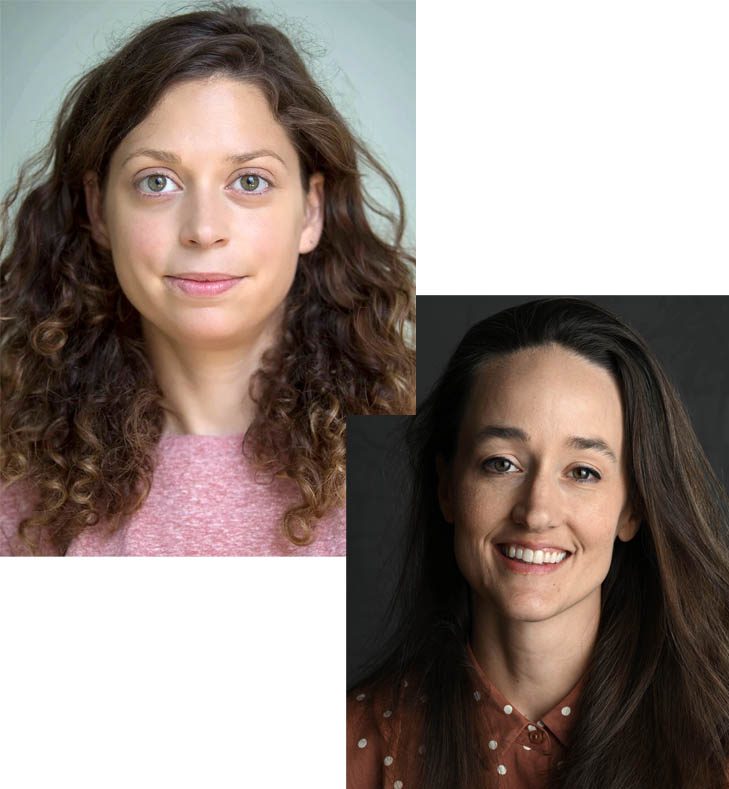
Michelle Kanaar and Alyssa Schukar will create a online toolkit for local newsrooms which will include sample contracts (with a breakdown of rates and language around licensing, copyright and AI), photographer, videographer and illustrator databases, ethical stock resources, a list of reputable resources on ethics, what information to include for assignments and examples of opportunities for using visuals to promote newsroom engagement and fundraising.
“In the last decade, we have seen over a 50% cut in newsroom visual staff,” Kanaar said. “As this trend continues, we need to supply newsrooms with the resources they need to incorporate visual journalism from freelancers in an ethical way that also utilizes visuals to their full potential.”
Project Censored — Andy Lee Roth
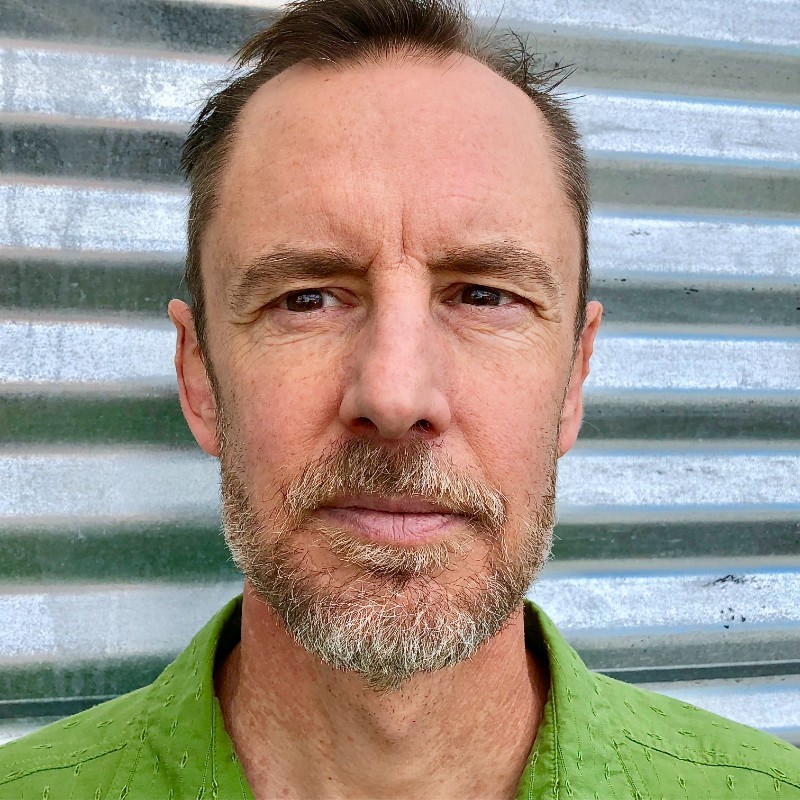
Andy Lee Roth will build an interactive resource on Algorithmic Literacy for Journalists. This resource will help develop journalists’ ability to understand the functions, consequences, and ethics of algorithms in a digital age. A core focus of the project will be helping independent journalists and newsrooms whose digital content has been subject to shadowbanning, demonetization, and other forms of online speech filtering that restrict them from reaching a wider audience.
“Most working reporters and editorial staff lack the time or the training to fully appreciate the impacts of artificial intelligence on their daily work routines,” Roth said. “Every journalist, regardless of specialty, can benefit from enhanced algorithmic literacy.”
The Salt Lake Tribune — Alex Partida
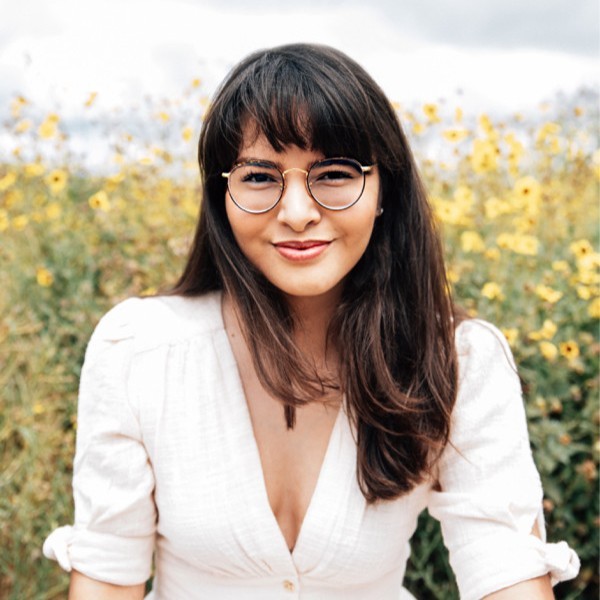
Alex Partida will build the “Article-as-Homepage” toolkit for independent local news publishers. This will help local news publishers rethink the article page to better serve today’s audiences and better meet business needs. The system of design will present reporting in rich, multimedia formats, provide audiences with the utility once held in homepages, and include pathways to collect first party data and encourage conversions to deeper forms of support.
“I’ve been at The Salt Lake Tribune for two and a half years, and one of the things I wanted to do is redesign our article page and experiment with different widgets that could be useful and engaging,” Partida said. “With more and more traffic coming through our article pages versus the homepage, I knew this page needed to be optimized to help us achieve better reader engagement throughout our website.”
Non-Residential Fellows
Kate Myers
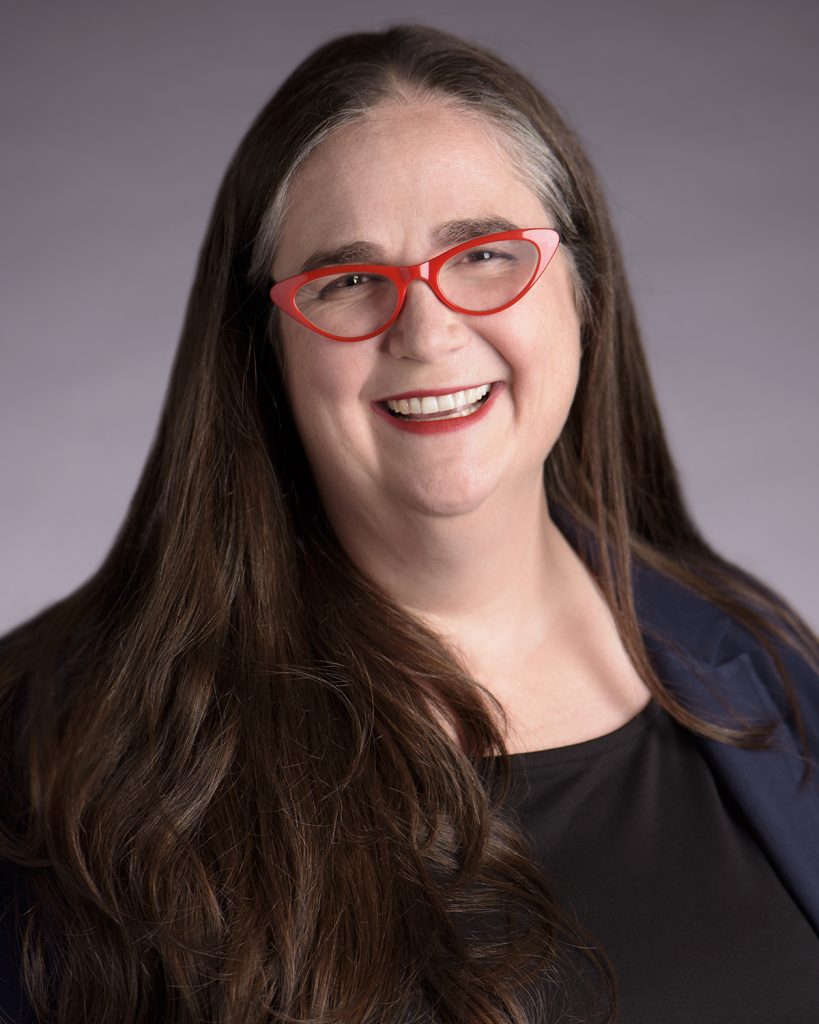
Kate Myers of Purple Pen Labs will create a comprehensive guide and free tools for better strategic operations for independent news organizations. This resource will help news organizations be more strategic, efficient and effective, reducing strain on founders, journalists and operations professionals alike.
“Being an independent operator, it is hard to find community and support to work on projects,” Myers said. “This program will give me a chance to work with my cohort-mates, the staff, and students of the Journalism program to build tools to improve organizational resilience.”
Auralee Walmer
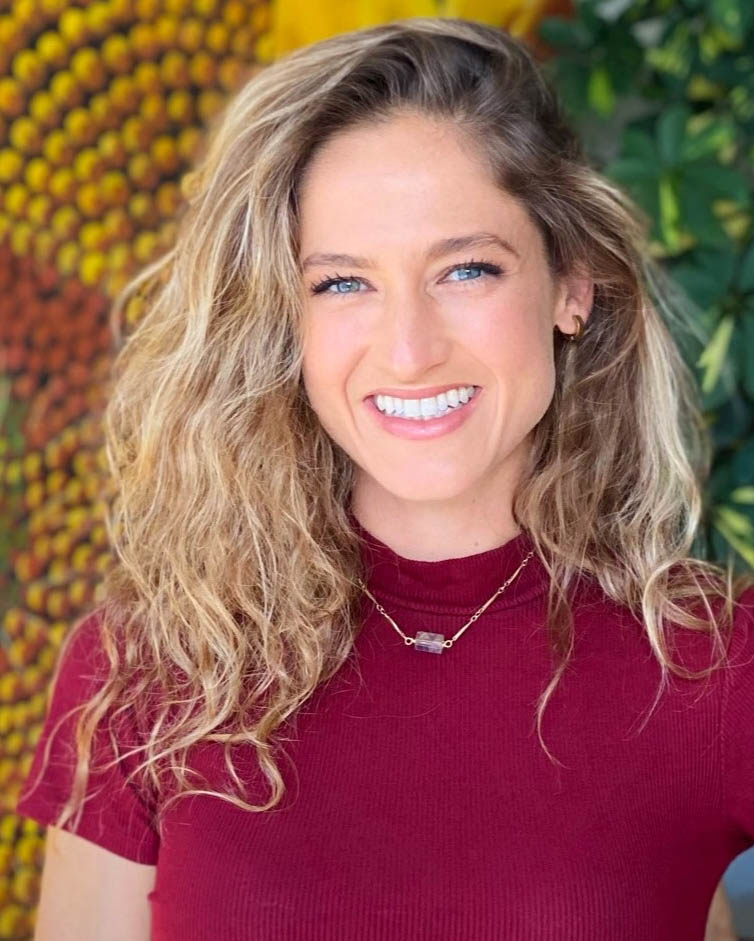
Auralee Walmer will build a web-based toolkit for applying data sonification to journalism. It will contain step-by-step guidance for creating data sonification projects and a wide array of resources to do so, with the purpose of making data sonification feasible for all journalists to implement.
“I have been fortunate enough to connect with some wonderfully creative and advanced practitioners of data sonification, whose work has been featured in multiple news publications and radio shows,” Walmer said. “These examples inspire me, but also reinforce my opinion that data-driven journalism has yet open up to the vast potential of data sonification for emotional storytelling.”
Katherine Lewis
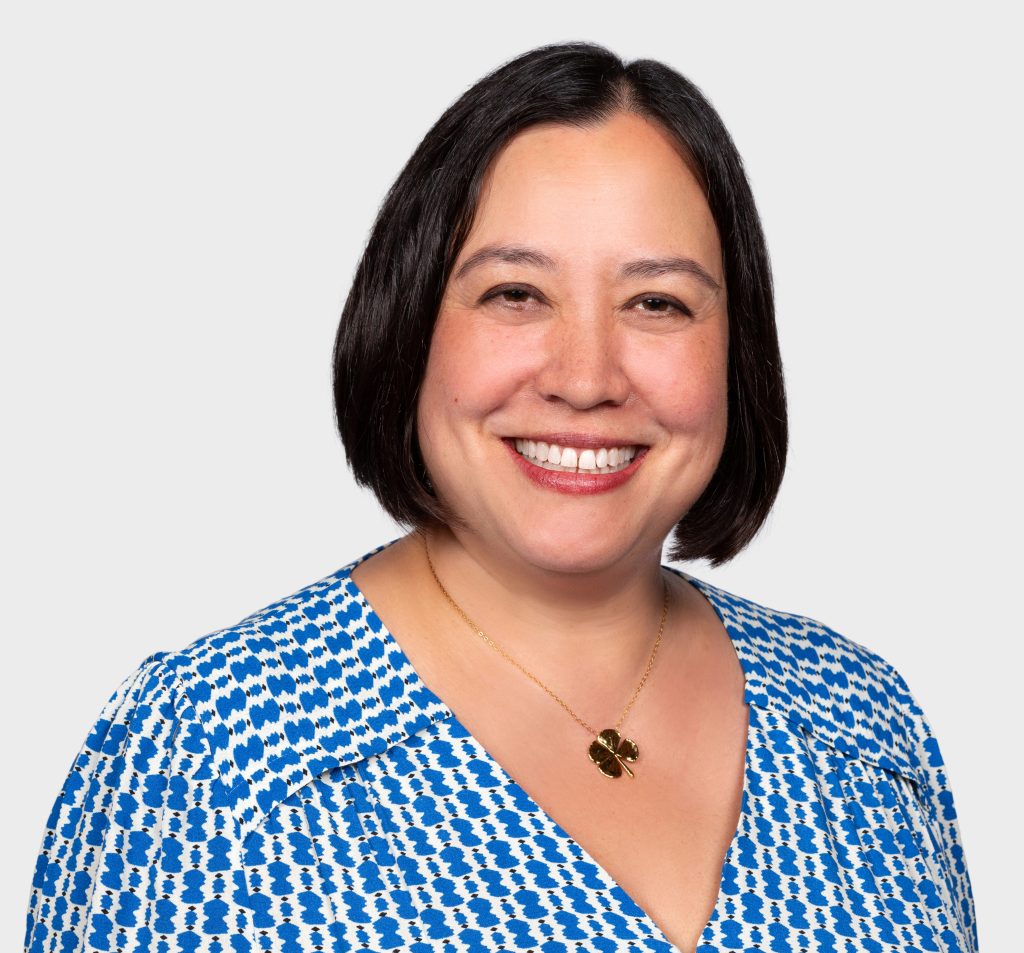
Katherine Lewis will build an interactive freelancing quick-start guide for independent journalists, based on a business-of-freelancing curriculum that will arm freelancers with the knowledge and skills to reach financial and emotional sustainability. In this guide they will learn the key insights, challenges and decision points in building a freelance business model.
“My goal for this project is to be an enduring, useful resource for new independent journalists and longtime freelancers seeking to improve their practices and become more sustainable,” Lewis said.

Comments